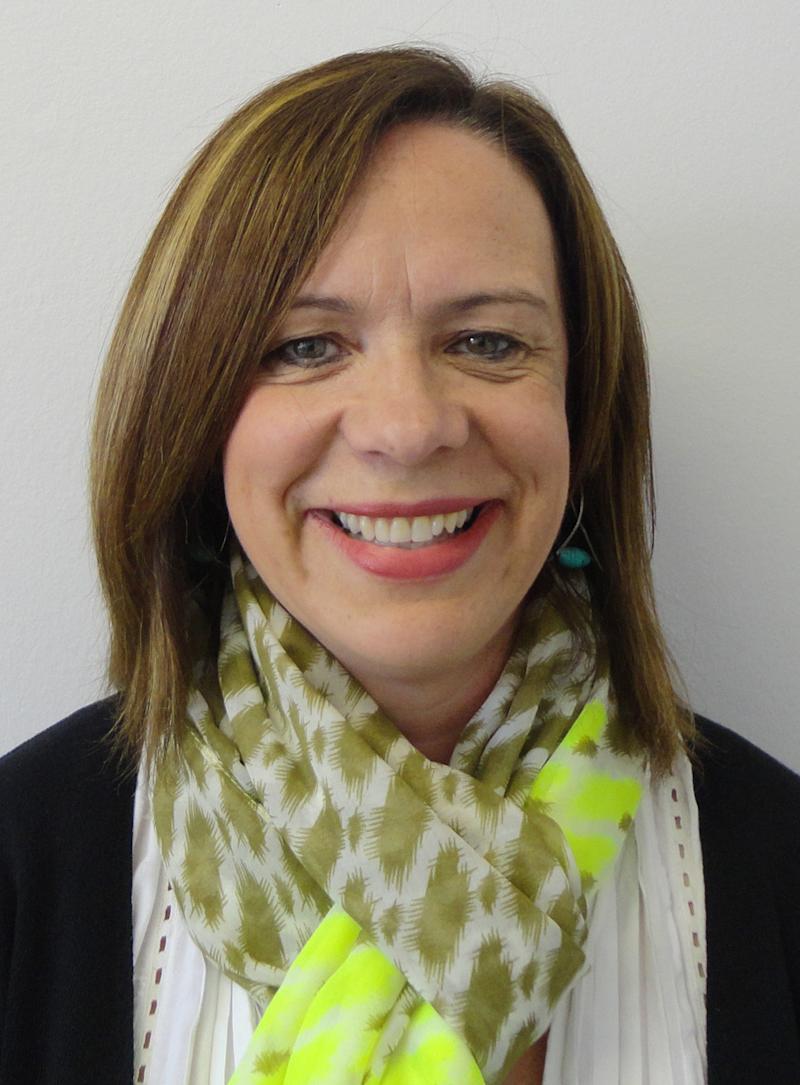Reflective programmes
The Reflective Programmes ensure that the views of children and young people are placed at the centre of their care.
Overview
The Reflective programmes were developed at Anna Freud by clinicians in the Family Trauma Department in collaboration with colleagues across the organisation. The underlying principle of the programmes is that parents/carers and professionals who look after children and young people place the child’s views at the centre of their care.
Young people who have experienced family trauma have developed chronic mistrust in others because they have not received the secure care they deserve. As a result, it is hard to trust other people and to feel that others understand or can represent their perspective. The Reflective programmes are designed to give a much greater emphasis on understanding the mental health needs of children and young people through the use of a mentalizing stance. That is, through taking the perspective of the young person in order to help them feel better understood. This approach leads to children and young people feeling a stronger sense of connection to the carers and professionals in their lives.

Theresa Schwaiger
Clinical Lead for Reflective Parenting
theresa.schwaiger@annafreud.org

Nick Midgley
Principle Investigator on the Clinical Research Trial for Reflective Fostering
nick.midgley@annafreud.org

Shelia Redfern
Clinical Lead on Clinical Research Trial for Reflective Fostering
sheila.redfern@annafreud.org

Chris Watts
Project Manager - Family Trauma, Reflective Care
chris.watts@annafreud.org